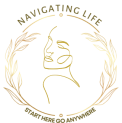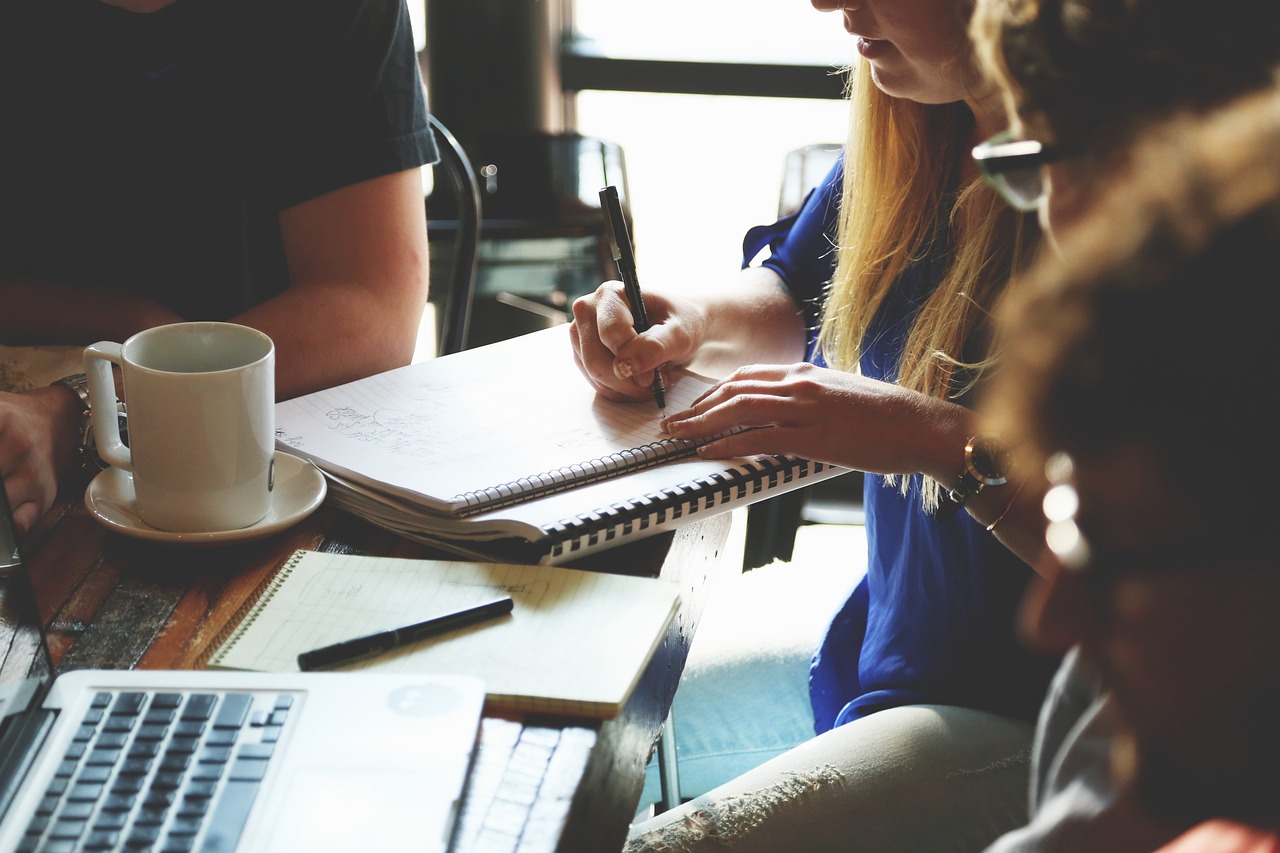Increase your personal productivity without feeling overwhelmed
Set clear goals and deadlines.
It's important to set clear goals and deadlines for yourself.
How do you do that? Well, first, it's important to understand what kind of tasks you must get done before the end of the day (or week). Then figure out how fast you can complete those tasks on average. This will give us an idea of how much time we need to allot ourselves in order not feel overwhelmed by our workloads.
For example: if my goal is "write 10 articles per week," then I would have to write about three articles per day--and since each article takes me about two hours on average (including research), then I should set aside six hours every weekday morning before work starts up again at 9 AM (and another hour or two during lunchtime). That way there won't be any surprises later down the line when things start piling up!
Plan your day the night before.
Planning your day the night before is a great way to make sure you're on top of your game the next day. It helps you get a good night's sleep, because you won't have to deal with any stress about what needs to happen tomorrow. It also helps avoid decision fatigue in the morning, when it's harder to come up with good ideas and make decisions quickly. Finally, planning means that there isn't anything important that slips through the cracks--you won't forget anything!
Focus on one thing at a time.
To be productive, you need to focus on one thing at a time. Multitasking is a myth; your brain can only do one thing at once. You may think that by doing several tasks in succession, you'll get more done. But this makes it harder for us humans to accomplish anything at all!
When we try to multitask--like answering emails while working on an important project--we're just switching between tasks and letting our brains switch off after each switch (this is called attention residue). This means that when we come back around again from checking email or reading Twitter, it takes extra effort for our brains to re-focus on what we were supposed to be doing originally: working on that important project!
The best way around this problem is simple: focus only on what needs immediate attention before moving onto another task (or perhaps taking a break).
Know when to say no and start saying it more often.
When you're feeling overwhelmed, it can be hard to know where to start. But if you can't get anything done, then no one will benefit from your work--including yourself.
So how do we find the time and energy? It starts with knowing when to say no and start saying it more often.
Know Your Limits: It's easy for us perfectionists (and people who love helping others) to take on too much at once. When this happens, our productivity suffers because we become distracted by everything else that needs doing instead of focusing on what matters most in the moment--like finishing tasks or projects at hand so they can move forward with their lives! This leads me straight into my next tip...
Set up productive habits in your morning routine - review all your tasks, prioritize them and schedule tasks you can do right away.
In the morning, you must set up your productive habits. This is a great way to start your day on the right foot and get everything done that needs doing. Review all your tasks, prioritize them and schedule tasks you can do right away. Make a to-do list for yourself using either pen and paper or an app like Asana or to do List (which are both free). Then use a calendar app like Google Calendar or Outlook Calendar so that you don't forget anything important!
You can be productive without feeling overwhelmed if you plan carefully and are realistic about what you can accomplish
You can be productive without feeling overwhelmed if you plan carefully and are realistic about what you can accomplish. The first step is to identify the tasks that need to be done, prioritize them, then schedule the tasks in order of importance.
Once this is done, get into a routine where you work on one task at a time until it's completed before moving on to another one.
This will help prevent multitasking which leads to lower productivity because we lack focus when we're doing multiple things at once. It also helps prevent procrastination by giving us less time in between each task so we feel less like taking breaks or putting off our work until later (which never actually happens).
If possible, try not saying "yes" when someone asks if they can borrow something from us or asks us for help with something; instead offer suggestions instead like "I don't have any extra paper but I think there might be some left over from last year's project." Or "You could always ask someone else who might have what they need."
By following the tips above, you can increase your productivity without feeling overwhelmed. By setting clear goals and deadlines, planning your day ahead of time and focusing on one thing at a time, you'll be able to get more done without spending all day doing it.

